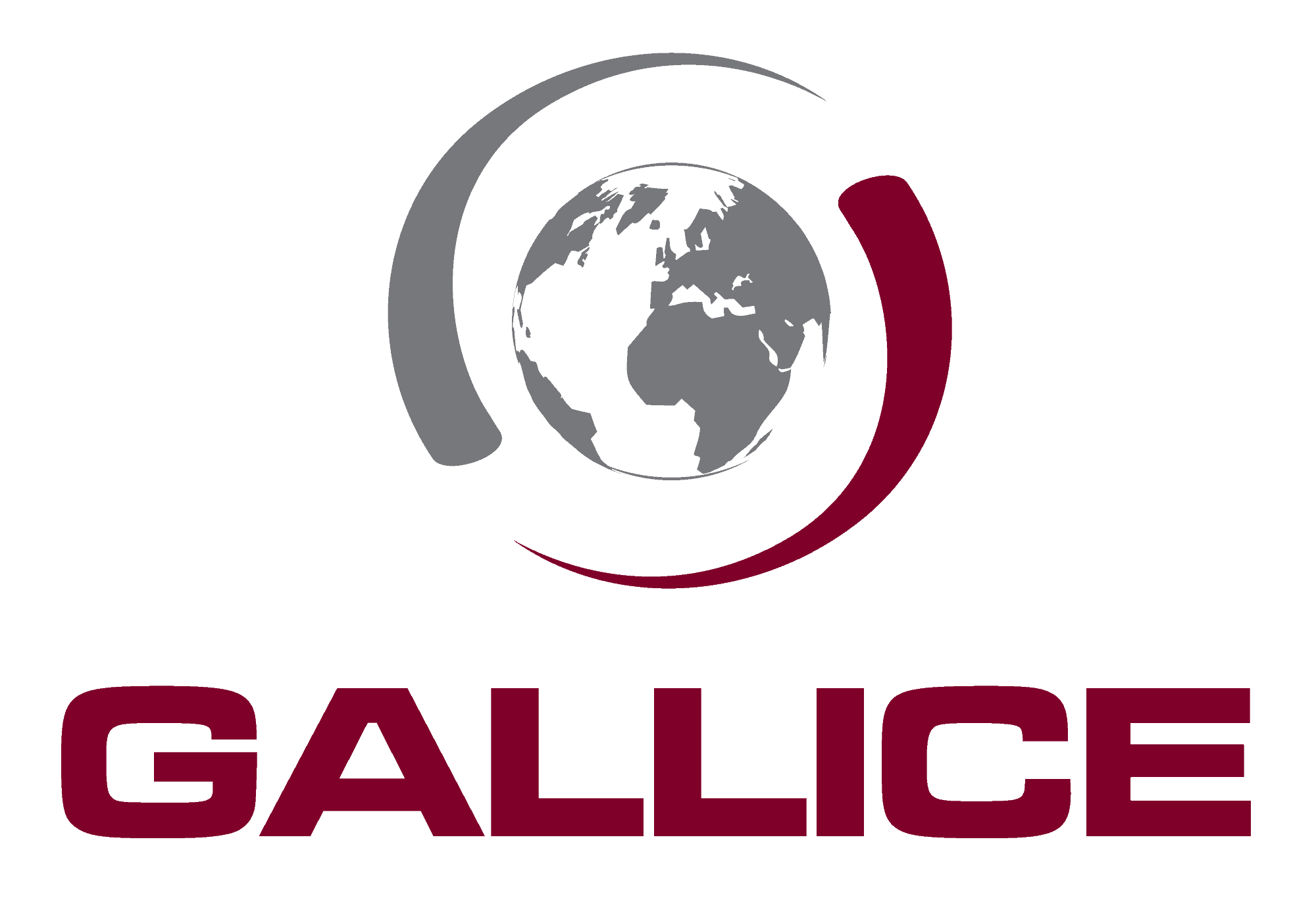VENEZUELA
Venezuela remains in 2025 in a deeply degraded economic, humanitarian, and security situation. Despite some diplomatic overtures and signs of openness, the country continues to face internal tensions, regional geopolitical confrontations, and a collapse of its social fabric.
The territorial dispute with Guyana over the Essequibo region intensified in 2024, following a controversial referendum in Venezuela reaffirming its claims. Though tensions have not erupted into war, Venezuela’s military deployment at the border, and the presence of British naval forces in Guyanese waters, maintain a latent crisis with the risk of armed incidents.
President Nicolás Maduro, backed by the military, remains in power through authoritarian means, the repression of dissent, and support from Russian and Iranian advisers. The 2024 presidential elections were held in an opaque atmosphere, marred by fraud allegations. The opposition remains divided and weakened, with many leaders exiled or marginalised.
Though Juan Guaidó has faded from the scene, democratic alternatives persist through local leaders and grassroots mobilisations, which are regularly suppressed by police and pro-government paramilitary groups.
Venezuela faces:
Ongoing inflation and Bolivar devaluation, despite unofficial dollarisation,
Increased dependence on oil exports, with a dilapidated production infrastructure.
Sanctions, partially eased by the US in exchange for electoral commitments, continue to impact the population.
Humanitarian crisis:
Over 7 million Venezuelans have fled since 2015,
Chronic shortages of medicine, clean water, and food,
Nearly half the population suffers from food insecurity.
Crime is soaring—including kidnappings, extortion, and assassinations—with armed groups active even in rural areas. Entire zones (especially mining regions) are outside state control, governed by local mafias or pro-government militias.
Travel within Venezuela is highly risky, especially:
Between major cities,
In Amazonian and border regions (Colombia, Brazil, Guyana).
All travel must be highly secured: vetted local guides, safe routes, and diplomatic contacts.
Caracas, Maracaibo, San Cristóbal are high-risk cities, where targeted kidnappings and armed assaults are common.
Foreign nationals, especially journalists and NGO staff, remain at high risk of arbitrary detention.
